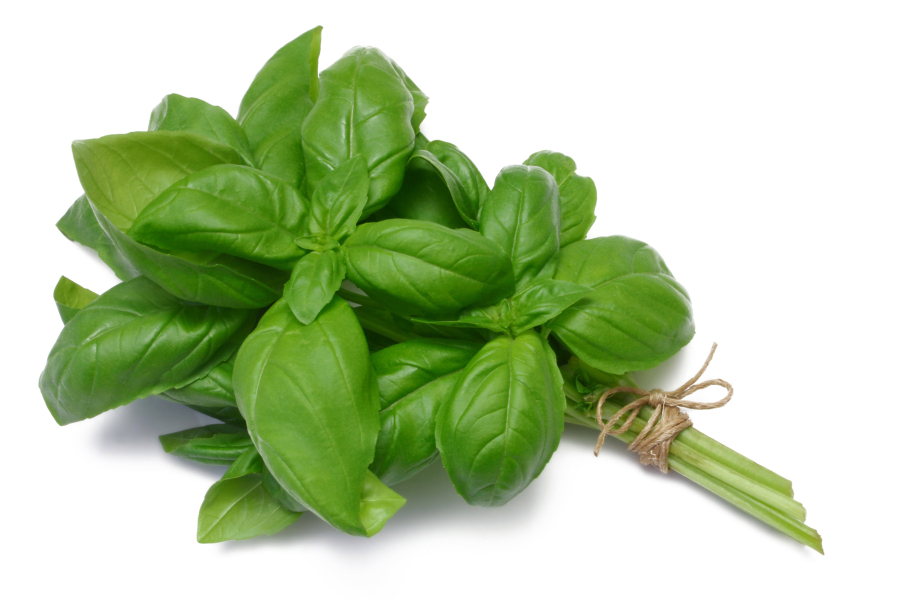Herbs can add a new dimension to your home-cooked dishes. And the fresh taste of spices, such as oregano, thyme and rosemary, can reduce the amount of salt you might otherwise shake into your recipes.
Jen Welper, an executive chef with the Mayo Clinic Healthy Living Program, has three tips for getting the most bang out of your basil and other herbs.
“We will add some basil,” says Welper, as she reaches for fresh basil to continue building an heirloom tomato salad. “Your best bet is going to be using fresh.”
Tip No. 1: When possible, use fresh herbs.
Tip No. 2: Rehydrate dry herbs before you work them into a dish.
“We’re going to add a little bit of vinegar and some olive oil,” says Welper as she pours vinegar over dried basil.
Welper says the vinegar rehydrates this dried basil. The olive oil helps it cling to what needs seasoning.
“You’d do this if you’re trying to season a chicken breast, or if you’re trying to season potatoes,” says Welper.
Tip No. 3: If you want spices to stick, make sure they are finely chopped.
“That’s a big mistake people make, especially with rosemary and thyme,” explains Welper. “They don’t really chop it. And it all, kind of, falls off.”
Welper uses a sharp knife and some elbow grease to ensure the thyme sticks to beets in the dish she’s creating. Toss with some olive oil, salt and pepper, roast for 15 minutes, and it’s mission accomplished.
“So you’ve got a good, even flavoring through every bite,” says Welper, as she places her beet sticks on top a small bed of arugula lettuce.
It’s an herb-crusted beet recipe that lives up to its name.
“Dig in,” says Welper.




